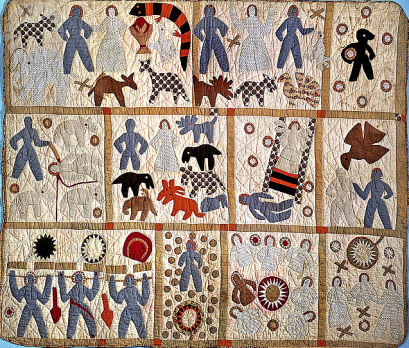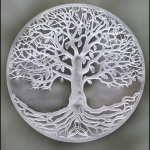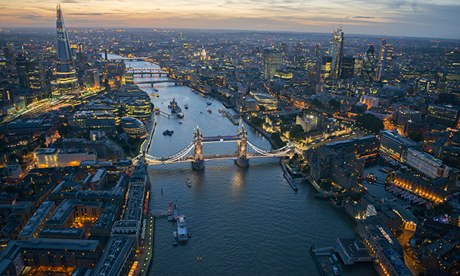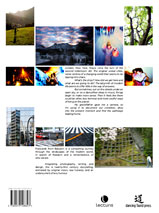Posted on July 21, 2015 by
Cedric

The notion of ‘biocultural rights’ goes beyond individual rights and private property to explicitly recognize a community’s identity, culture, governance system, spirituality and way of life as embedded in a specific landscape. It represents a bold new departure in human rights law that recognizes the importance of a community’s stewardship over lands and waters. The emerging movement for biocultural rights is woven from four main strands:
- “post-development” advocates who are articulating a vision for human society beyond the discredited neoliberal paradigm;
- the commons movement that rejects the “tragedy” fable and empirically demonstrates the effectiveness of local self-governance;
- the movement of indigenous peoples asserting their right to self-determination, cultural heritage and stewardship of the land; and
- the push for a “third generation” of environmental human rights that go beyond basic civil and political rights (first generation) and socio-economic and cultural rights (second generation), to recognize community rights to self-determination, economic and social development, cultural heritage and a clean and healthy environment.
.
Read David Bollier’s short article “The Rise of Biocultural Rights” and dig deeper with the longer and more detailed proposal by Kabir Sanjay Bavikatte and Tom Bennett, Community Stewardship: the foundation of biocultural rights
Illustration (quilt) by Harriet Powers
Posted on April 4, 2015 by
Cedric
 “The people who are ditching their Kindles and savoring books as physical objects, brewing their own beer and resurrecting other old arts and crafts, reformatting their lives in the modes of a past decade, or spending their spare time reconnecting with the customs and technologies of an earlier time — these people aren’t doing any of those things out of some passion for self-denial. They’re doing them because these things bring them delights that the shoddy mass-produced lifestyles of the consumer economy can’t match.”
“The people who are ditching their Kindles and savoring books as physical objects, brewing their own beer and resurrecting other old arts and crafts, reformatting their lives in the modes of a past decade, or spending their spare time reconnecting with the customs and technologies of an earlier time — these people aren’t doing any of those things out of some passion for self-denial. They’re doing them because these things bring them delights that the shoddy mass-produced lifestyles of the consumer economy can’t match.”
For John Michael Greer, blogger, commentator on the disintegration of civilisation and Grand Archdruid of the Ancient Order of Druids in America, the way forward is not a ‘Butlerian jihad’ (a reference to the revolt against technology in Frank Herbert’s Dune) – but a Butlerian Carnival.
He argues we need a sensuous celebration of the living world, outside the cubicle farms and the glass screens, drawing raw materials from eras, technologies, and customs of the past which don’t require the extravagant energy and resource inputs that the modern consumer economy demands. Such a carnival way of life will be better suited to a future defined by scarce energy and resources… Read his full essay here >>>
Posted on December 6, 2014 by
Cedric

Two artistic voices from two major cities make the same call: to keep their creative soul alive, cities need affordable housing and diversity – or else they become evermore just “pleasuredomes for the rich”. Read more:
David Byrne: The rich are destroying New York culture
Grayson Perry : London needs affordable housing because ‘rich people don’t create culture’
.
Posted on October 18, 2014 by
Cedric
“Africa produces its fair share of aspirational pop with glossy videos featuring fast cars and seemingly faster women. But peer under the hedonistic surface and you discover there are musicians all over the continent who are worthy successors to the griots, Africa’s traditional storytellers.” Article by DJ Rita Ray. Read >>






